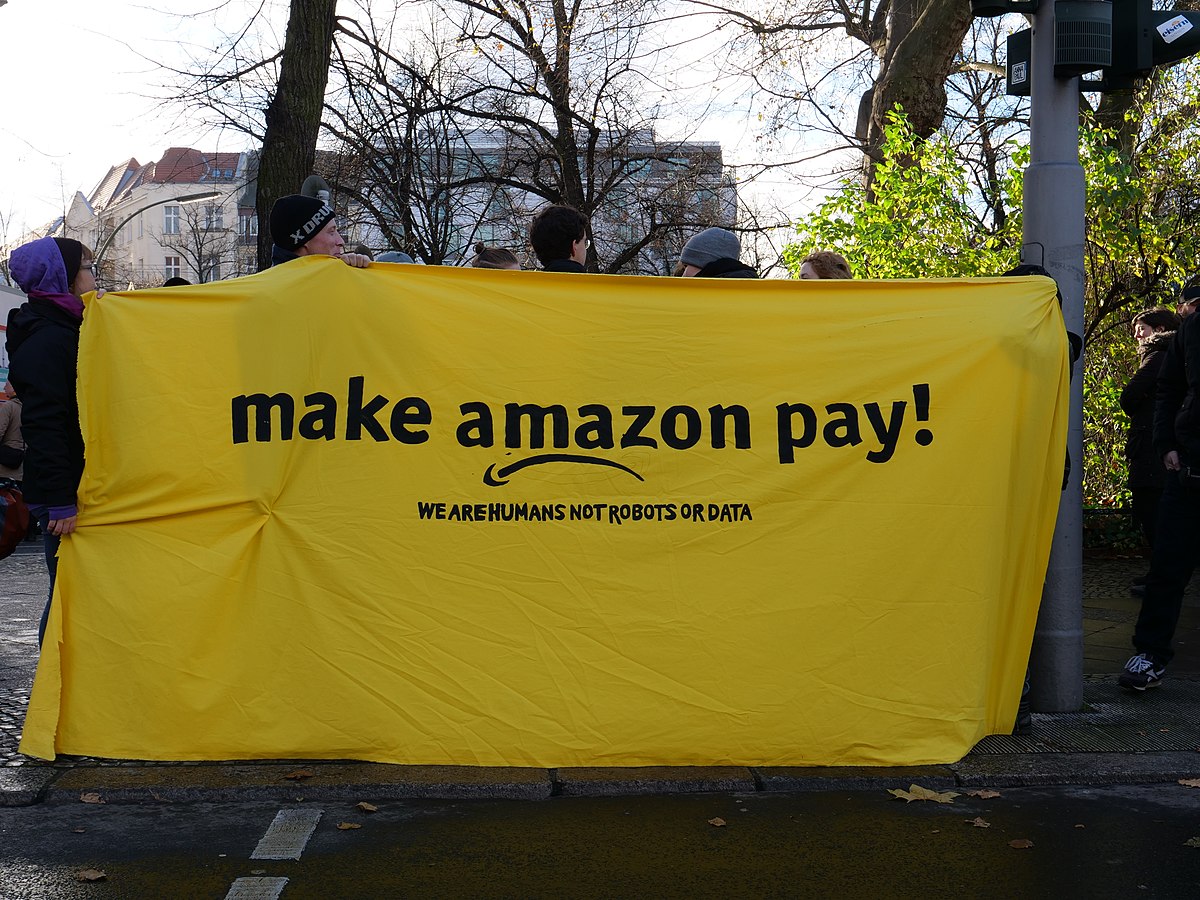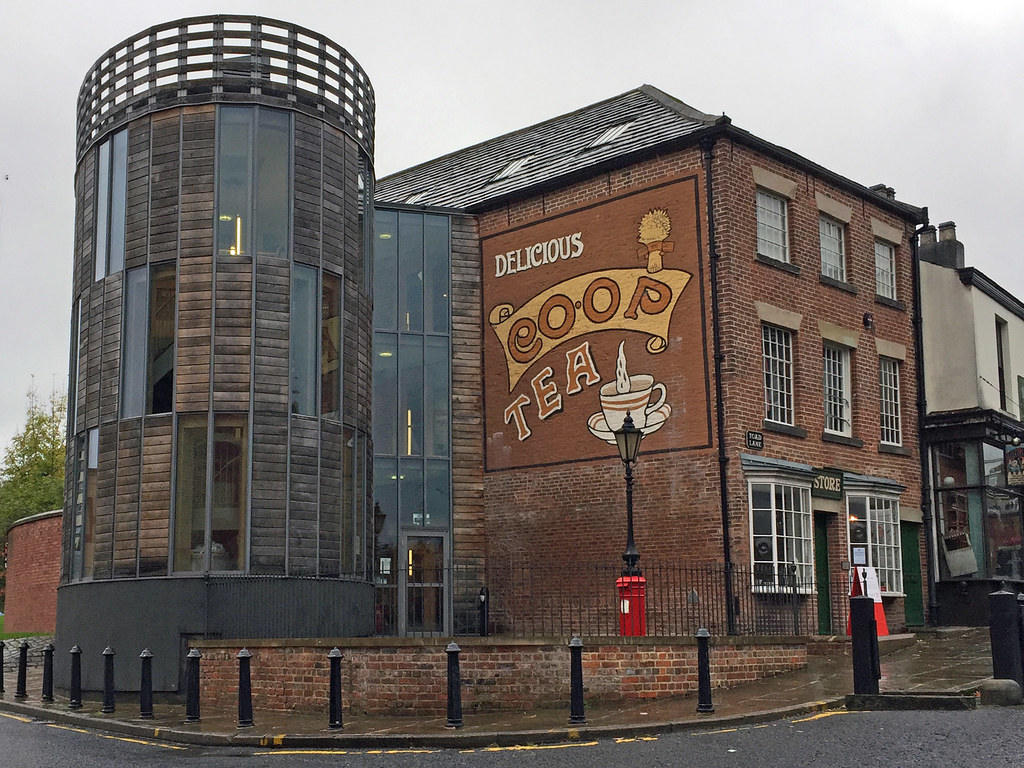During the Cameron government, Preston’s Labour-run City Council responded to cuts to local authority budgets with an interlocking set of policies centred on public procurement. Led by Matthew Brown, the Council took contracts away from large national providers and shifted resources to smaller firms in the area. Where capacity was lacking they helped create it, especially in the cooperative sector.
Other public ‘anchor institutions’, the University of Central Lancashire and others, were also encouraged to re-orient their supply chains to protect the local economy from the worst impacts of austerity. Over time the so-called Preston Model has developed into an integrated approach to building local, and widely shared, economic power.
The Preston Model has been much praised by the labour movement. Other Labour councils have adopted and adapted many of its approaches but the institutions of organised labour themselves – the trade unions, the large cooperatives and the Labour Party – have so far failed to apply the lessons in a systematic and widely publicised way to their internal operations. It is almost as though the people running these organisations don’t want to establish in miniature the economy and society they say they want to see at scale.
These institutions have, by their nature as member-supported organisations, more freedom to spend their money as they choose than local authorities and their millions of members don’t need permission to make them more thoroughly democratic.
In other words, they are free to trial both economic and political democracy of a much more intense and thorough kind than we are used to. Best of all, if the people currently in charge don’t want to do this, they can be replaced.
Perhaps behind the scenes the bureaucracies of labour are straining every nerve to ensure that their budgets build strategic capacity and promote cooperative values – to use their considerable procurement powers as an instrument of political transformation. But it seems unlikely when one considers the media and communications sector.
This is now moving away from a broadcast-plus-print regime to one dominated by online distribution. Modest investments can make a vast impact as Momentum and the World Transformed have shown.
However, the TUC, which once owned 49% of the largest English-language newspaper in the world, now has fifteen hundred subscribers to its YouTube channel. Meanwhile, the consumer cooperatives were recently found to be giving some of their advertising budget to the Spectator magazine. Instead of acting strategically to create a media infrastructure that can challenge and out-compete a hostile mainstream, the institutions of labour seem paralysed. This is not at all surprising. A number of senior trade unionists over the years have told me that ‘it’s not their job’ to invest in media operations.
It isn’t hard to see what a Preston-type approach would mean for the labour movement more broadly. The substantial budgets that are currently paid to external suppliers could be redirected to unionised worker and hybrid cooperatives. Instead of operating as a relatively small player in the capitalist economy, the labour movement would become a collection of anchor institutions that build cooperative capacity in key sectors.
They would divert resources away from what bureaucrats reflexively do, towards the more effective promotion of their members’ interests and values. By favouring cooperation, the labour movement would expand and strengthen its lifeworld – the sphere of lived experience in which solidarity and equality make material sense.
Many labour institutions own or rent large properties in central London and Manchester. It might make sense to reduce their footprint in these expensive cities and move closer to the communities they serve. The money saved on rents, or earned from the ownership of assets in London, would then becomes a steady source of start-up funding for new cooperative enterprises. These would provide well paid employment and raise living standards in communities that are increasingly losing faith with the labour movement.
By settling a significant number of well-paid professionals to a medium-sized town or smaller city would make an immediate impact on the local economy. And through the self-conscious use of both budgets and purchasing power, they could turn impact into transformation. The economy surrounding organised labour, both geographically and sectorally, would then become much more substantially cooperative.
Similarly, the labour institutions control significant funds through their pension funds. Meanwhile, cooperatives have a strong record of business success but struggle to access bank lending. By acting as both start-up lenders and ‘anchors’ these institutions could join up and strengthen cooperative supply chains while creating safe long-term returns.
Indeed, the pension funds could provide the funding for a network of cooperative investment banks – embedded in their communities, with an institutional design that improves decision-making and strips out opportunities for corruption. If we are serious about economic democracy at the national and supra-national levels, then these are problems we have to solve, and solve now – not in the pressure cooker of government.
Through their procurement practices, the labour institutions would promote socialist development outside the state. Trade unions would help their members to create cooperatives when opportunities presented themselves in the private economy and work with the wider cooperative movement to help them find markets. They would also work to secure local authority contracts for cooperatives.
The teams created to support cooperative business formation would work with those businesses to become the functional equivalent of the liberal think tanks. However, rather than puzzling over marginal changes to the capitalist economy, these teams would extrapolate from their ‘day job’ to co-design the system of democratic economic planning that would be implemented in government.
For too long organised labour has outsourced policy development to academics and groups like the Fabians. At best this has encouraged the idea that government is too complicated for ordinary people. At worst it has created a space in which elites can collude with impunity.
Communications budgets would no longer be spent in efforts to secure coverage in the mainstream media. Instead they would be used to encourage and publicise widespread participation by members in consequential decision-making. Over time the institutions would develop the expertise needed to make strategic investments in movement media. These media would have a compelling story to tell, as well as the means to tell it to a mass audience: we are building another world, and we want you to join us. This combination of action and communication is absolutely crucial to our project. Unless we can marginalise the existing mainstream in the minds of voters we will never be able to change the UK in the ways we say we want to.
In future, those seeking an elected position in either the trade unions, the consumers cooperatives or the Labour Party need to be asked if they will commit to ‘Prestonisation’ of the institution they want to run. This would mean a full audit of spending conducted by an assembly of members selected by lot, who would have a mandate to interview staff and issue recommendations that would be published and publicised. Each year the institution would publish a report on its progress and convene an assembly every four years to issue an independent assessment.
This isn’t something that will happen automatically. There are precious few Matthew Browns in this world and there are plenty of people in positions of authority who would rather manage decline in conditions of professional comfort than risk any deviation from respectability.
We have to insist that our leaders achieve this, that this is their job, and the basis on which they will be judged. If you are on good terms with an MP or councillor, with anyone who holds institutional power in this movement, share this article with them and ask them what they make of it.
If they agree that Prestonisation is a good idea, ask them what they are going to do to make it happen. If they disagree, but can’t explain why, then maybe it should happen, with or without them. The rest of us will have to coordinate with those willing and able to lead, not for factional advantage, but for the purposes of a general transformation.
Jeremy Corbyn attracted enthusiastic support in the Labour Party and beyond because he represented the possibility of transformation at the level of the state. He made it possible to think that maybe the tightening of capitalist social relations after 1979 could be eased, that maybe we could escape the snare altogether. The defeat in 2019 was shattering and it is no wonder that we have been disoriented since. But we must now adapt, from ‘change is possible’ we must move to ‘change is happening, here and now, in the spaces we control.’
One group trying to encourage “Prestonisation” by creating more co-operation between co-operatives are Members for Co-operation. You can check out their campaigns via this link.





